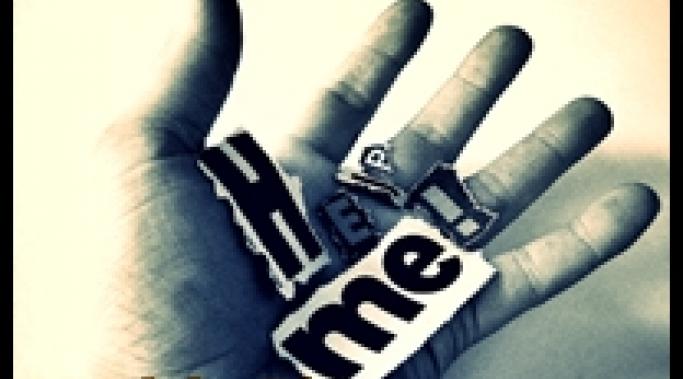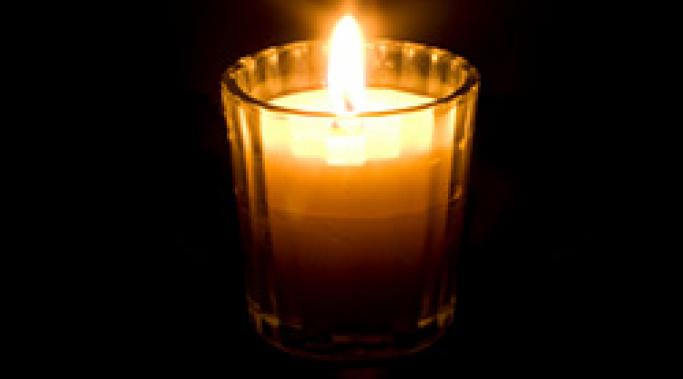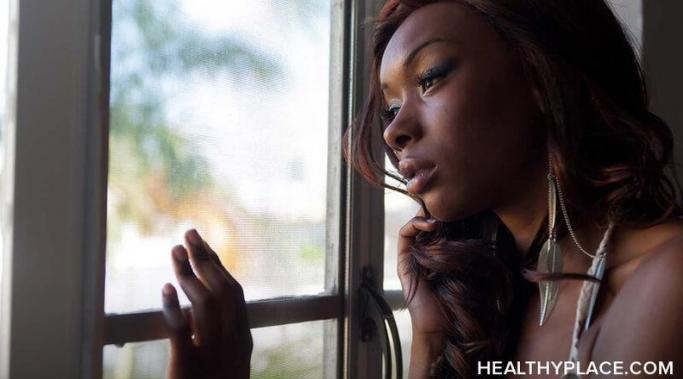Blogs
This is National Suicide Prevention Week and like many others who care about mental health issues I am turning my attention to this most terrifying – and taboo – of subjects.
I have been living with bipolar disorder, and substance abuse issues, all my life. When you inhabit this environment as long as I have, suicide is no longer a dirty secret, a shameful fate that happens to others - it is simply an element of routine reality. In my world everybody knows someone who committed suicide; I’ve known dozens. Many of us have attempted suicide ourselves. This forbidden act is simply part of our scenery.
There are as many ways to commit suicide as there are reasons. In the program of Alcoholics Anonymous – (in which I have found shelter for the past 12 years) – we speak of “the death of 1000 cuts” and “suicide on the installment plan”. These concepts apply to individuals who have a strong death wish but lack the commitment to see it through to its logical conclusion. They would rather torture themselves and their near and dear until, at last, they’re used up.
If someone is talking about suicide, he or she must still be alive. I take this fact as seriously as I take the desperation I hear behind thoughts about suicide.
He or she is still alive. And I want to know why. Being alive means choosing to live, at least for now. The reasons people who contemplate suicide chose to keep living tells a story of what is most important to them.
One of the most difficult things to do in balancing life and PTSD is to maintain, develop and/or build a career. There are times we are able to channel all of our anxious energy into being a super-duper employee (there are, you know, great benefits to hypervigiliance in how you perform your job!) – and times it’s just not possible to expect that level of performance from ourselves. During my own PTSD decades, I had eleven jobs in five industries over thirteen years because sometimes I could hold a job – and sometimes I really just couldn’t.
Suicide is one of the most stigmatized topics of a highly stigmatized subject. Quite frankly, we don't talk about it even if we do talk about severe mental illness. This is especially unfortunate for people with borderline personality disorder (BPD), as suicide is sadly common. But the fact that this is National Suicide Prevention Week is a way to start the conversation.
I have been blogging about mental illness and addiction for two years. I have covered a wide variety of topics that, at times, have been very intense and revealing. One subject I have not touched on at great length is suicide. It is something that I have not been willing to disclose, but I do believe there is healing in the process of sharing one’s feelings, even if it is about something so personal.
If you read enough of these blogs, you might know that I write what I feel. But this often involves a healthy mix of education and sarcasm. In line with my personality, I suppose. But this topic is different. Suicide lives in the darkest parts of my mind; places I cannot avoid but also want to remember. I want to remember losing my very best friend and my cousin to suicide. My favorite cousin. Maybe I should preface this by telling you it will be a bit raw. But suicide is raw. It hurts. And it hurts to write this.
Recently, one of my search referral logs revealed the question, “Can I Become a Doctor if I Have Attempted Suicide?” This is a very specific question and I’m afraid I don’t have the technical answer to it on my site.
But the question itself saddened me. Mostly because someone would think that they couldn’t become a doctor just because of a suicide attempt. A suicide attempt should neither limit how people see you nor how you see yourself.
We need to stop the stigma of suicide to save lives. Otherwise, more people could buy a gun, put the barrel in their mouths and pull the trigger. Wrap a noose around their neck and push out the stool. Jump off a bridge into frigid water. Jump off of a building. Lay down on a train track. Purposefully inject themselves with a lethal dose of heroin. Take an entire bottle of certain prescription medications. There are tens of ways that people succeed at suicide every day. But how often do you hear about the awful truth? We must talk about the suicide, suicidal ideation and ways to end them to save lives.
If you are considering suicide, please call The National Suicide Prevention Line at 1-800-273-8255.
The truth is, I often hate the physical aspects of recovery.
The night sweats.
The hunger pains.
The food cravings.
The breakouts of acne.
The edema.
The delayed gastric re-emptying.
The headaches.
The constipation and diarrhea.
And my ever-changing body, including, The "Buddha" Belly.
It has been enough to cause me to give up. Several times.
We’ve all heard it – the condescending notion that bipolar disorder, depression or another mental illness is “all in our heads.” This is the notion that we are not ill and that we simply think we are ill. If we stopped believing we had a mental illness, we would stop having one. Naturally, this is hogwash. But science and medicine can’t seem to convince people out of this illogical notion (Denial Keeps Those with a Mental Illness From Getting Better). I think that’s because people have their own psychological reasons for wanting to believe that mental illness is “all in our heads.” Mostly, it’s fear.









